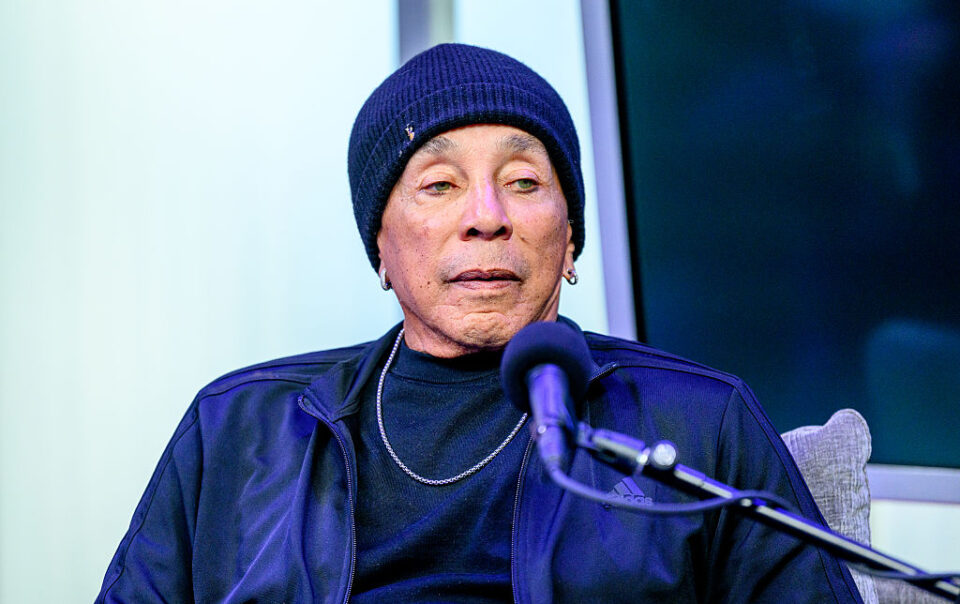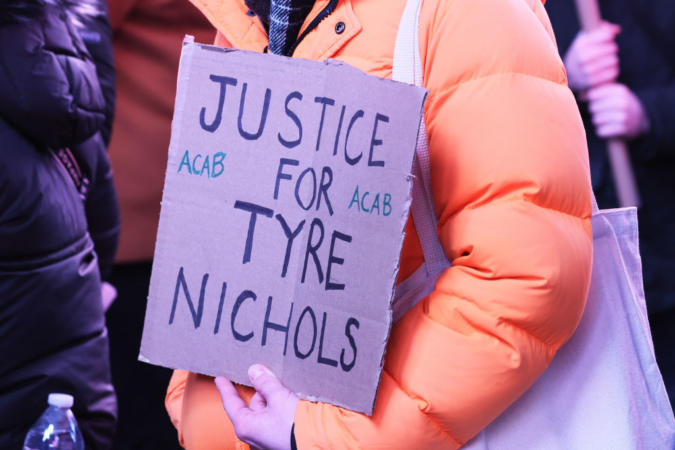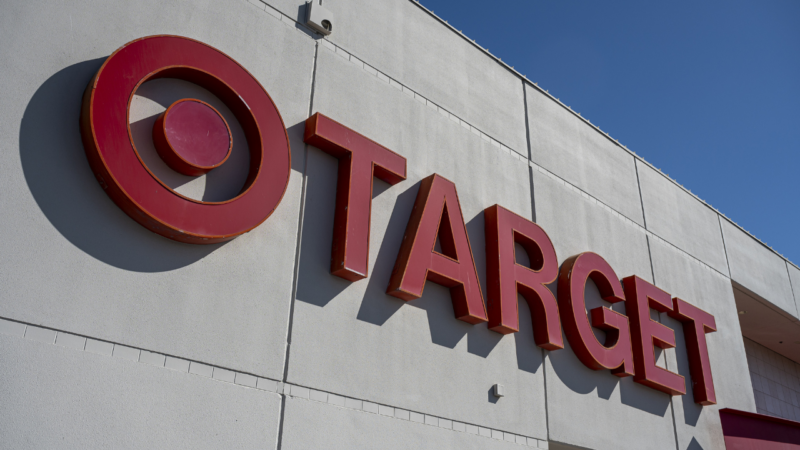Bill Gates moved up the timeline to release all his wealth within the next 20 years instead of decades after his death. As CNN reported, Gates and his ex-wife, Melinda French Gates, launched the Gates Foundation in 2000 to aid global health and equity efforts. Since its inception, the organization has granted $100 billion, which has been used to develop new vaccines, diagnostic tools and methods of distributing healthcare solutions worldwide. When the pair initially created the foundation, they intended the generous work to continue decades after their deaths using their riches. Recently, the billionaire is singing a different tune.
Bill Gates sets 20-year deadline to give away his wealth
On Thursday, Gates announced in a blog post that he wanted to speed up the process of giving out his fortune, which he said is nearly $200 billion, before or by December 31, 2045, when he foresees ceasing operations. He plans to draw from the foundation’s $77 billion endowment and his money, including future earnings from ventures like his nuclear energy company, TerraPower.
This comes off the cuffs of Microsoft commemorating its 50th anniversary, worth over $3 trillion, a few weeks ago.
“It feels right that I celebrate the milestone by committing to give away the resources I earned through the company,” he wrote.
As philanthropy faces political pushback, Bill Gates doubles down on giving back
The timing of the news follows efforts by President Donald Trump’s administration to significantly cut funding for domestic and international aid and health programs. The Gates Foundation supports health, foreign aid and public assistance campaigns. When Gates, French Gates and Warren Buffett started The Giving Pledge in 2010, they encouraged fellow financially elite individuals to donate a good percentage of their wealth to philanthropy initiatives by donating personally or leaving a gift in their estate. The trio has gotten more than 240 of their peers to join in.
In response, there are concerns that necessary research and global initiatives could be disrupted or delayed.
“People will say a lot of things about me when I die, but I am determined that ‘he died rich’ will not be one of them,” Gates’ blog post read. “There are too many urgent problems to solve for me to hold onto resources that could be used to help people.”
The Gates Foundation warned of stalled progress in global health. At the same time, in a Financial Times interview, Gates sharply criticized Elon Musk for slashing U.S. foreign aid programs, accusing him of “killing the world’s poorest children.”
Still, he remained hopeful in a blog post, noting that AI innovations, paired with his philanthropy, could help accelerate future improvements.









